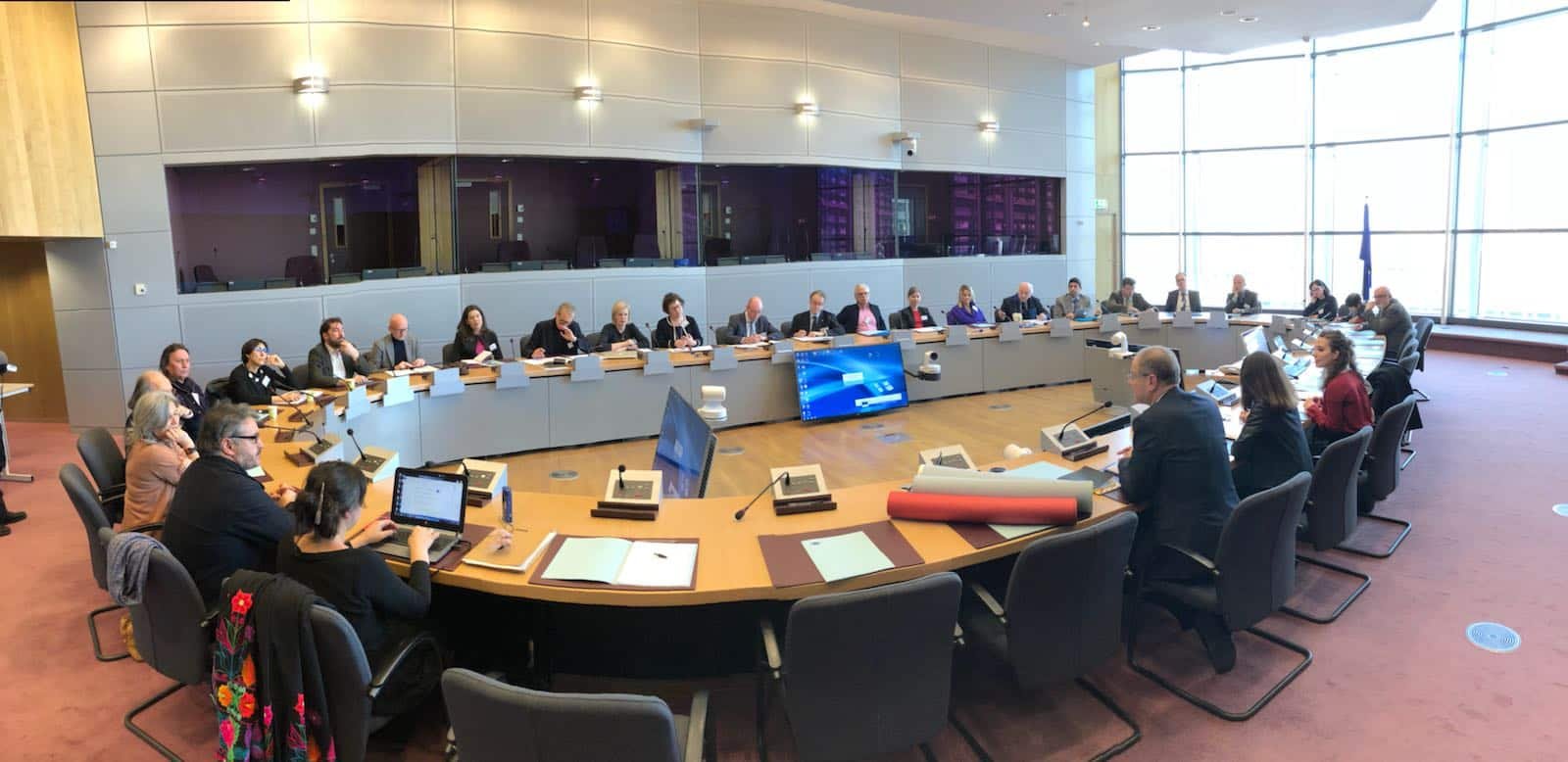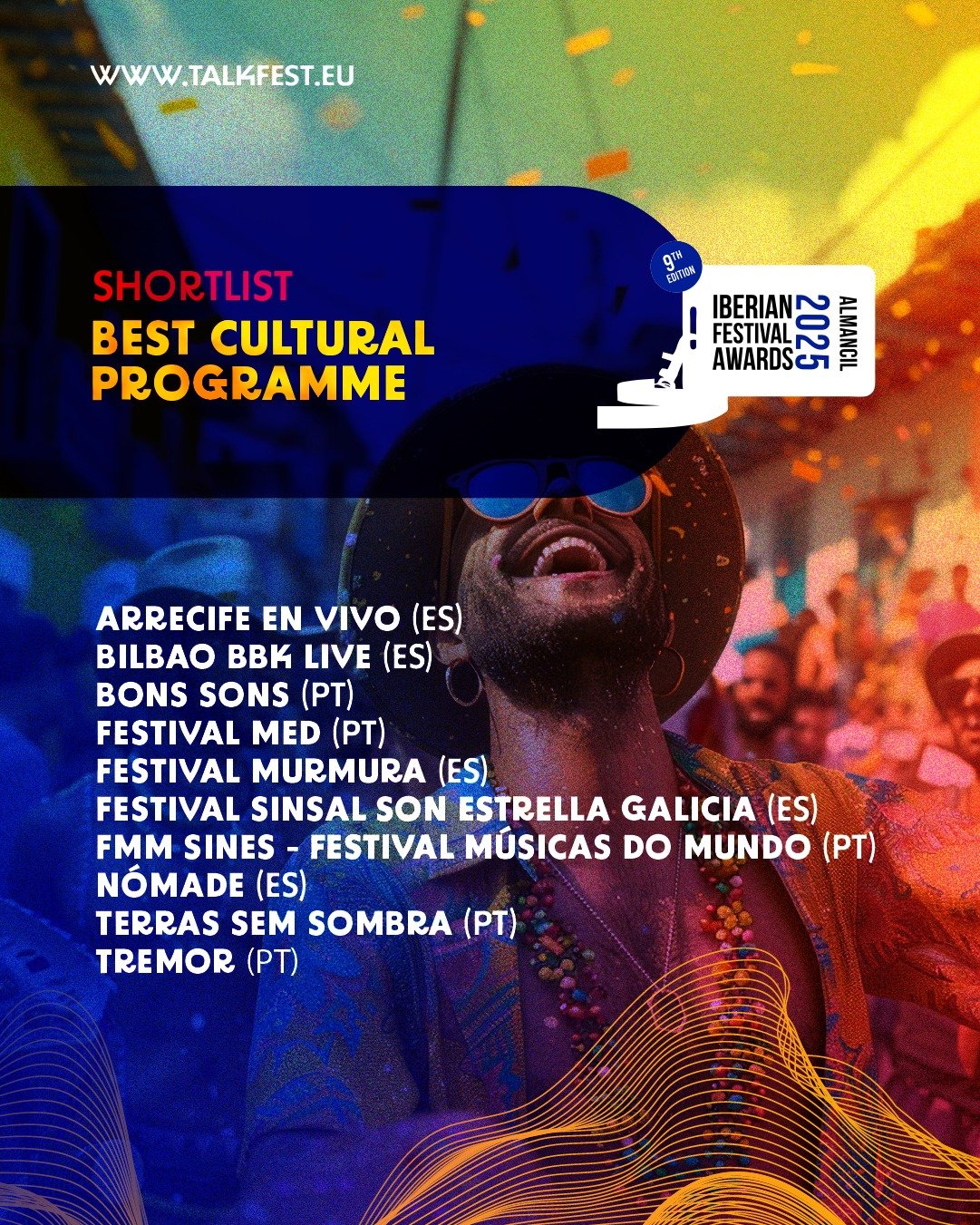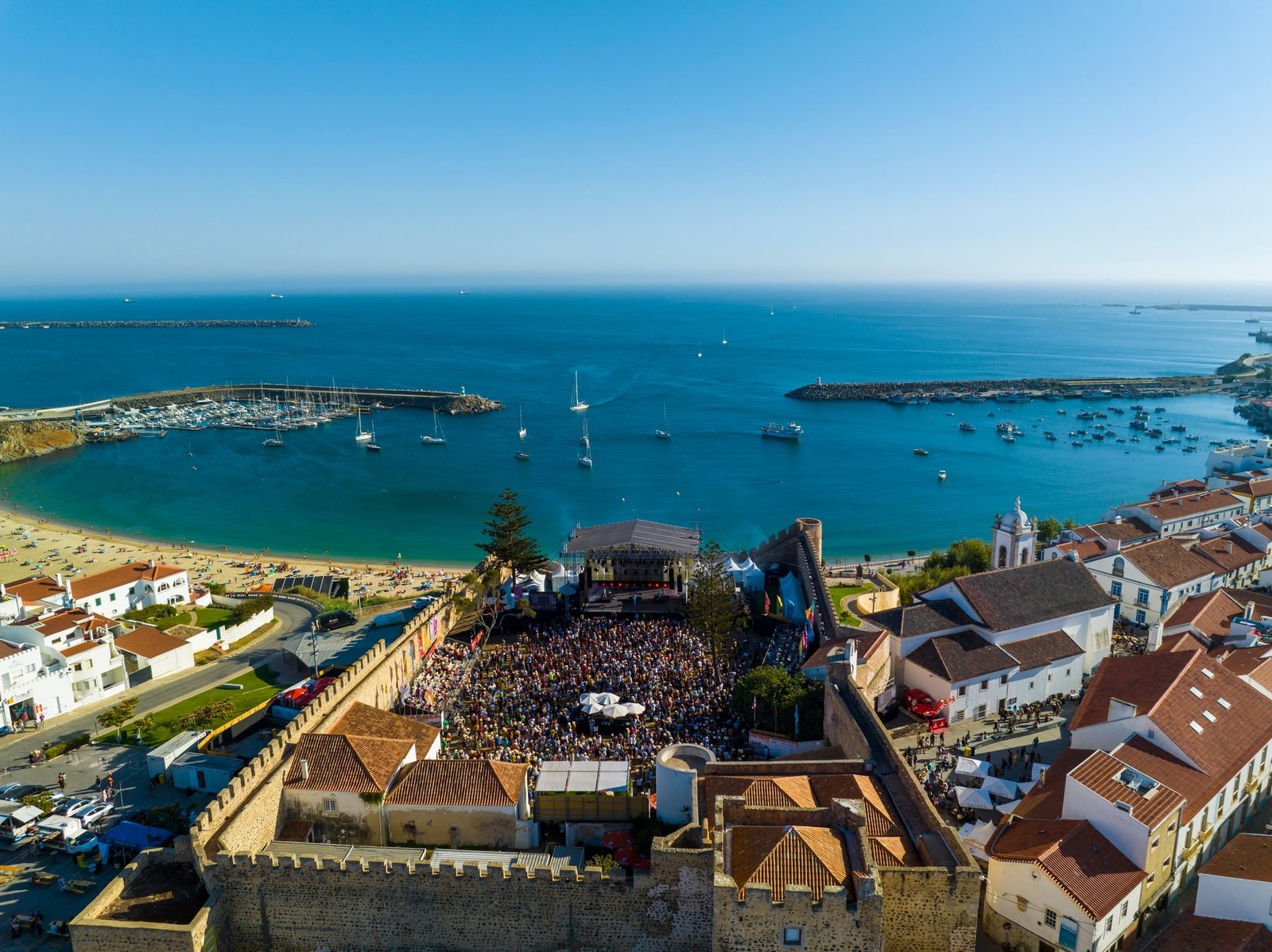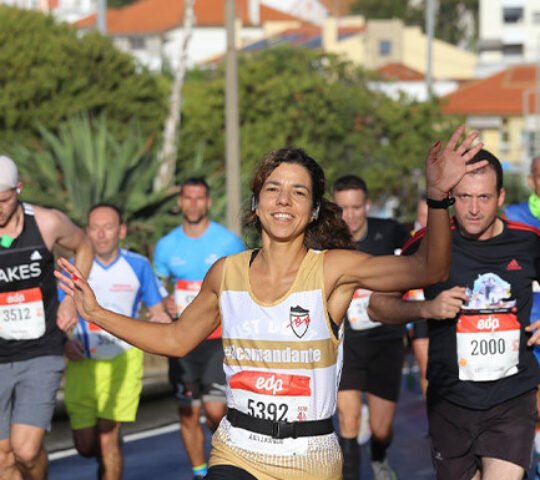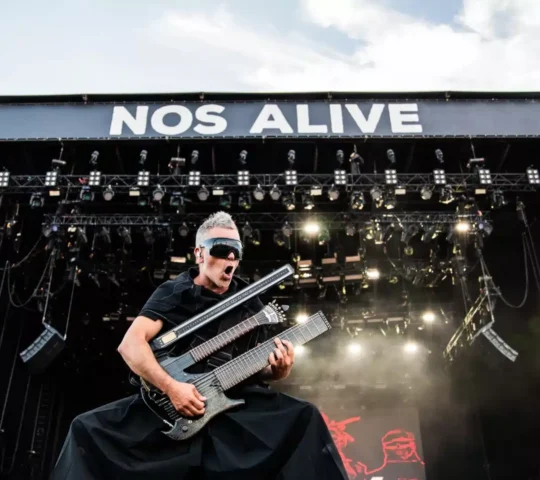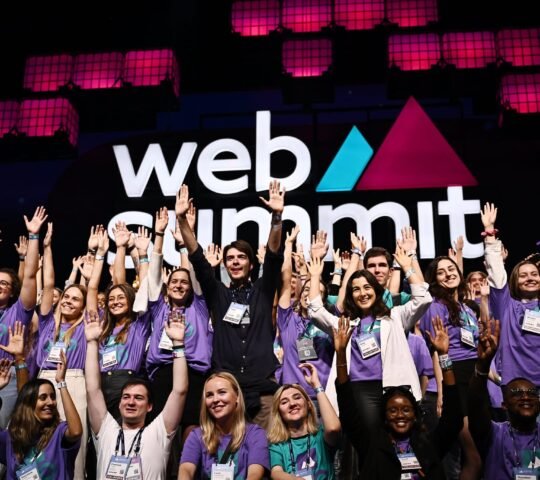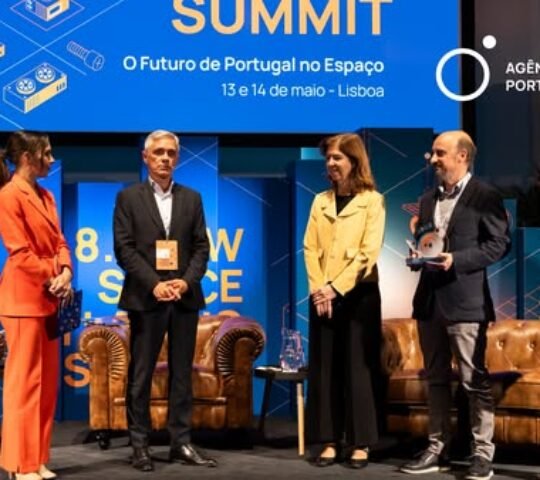Sines World Music Festival (FMM) – Portugal 2026
Background & History
- Origins and Founding Vision: The Festival Músicas do Mundo (FMM Sines), Portugal’s premier world music event, was established in 1999 by the Sines City Council to celebrate the town’s maritime heritage and Vasco da Gama’s birthplace—the 15th-century explorer whose voyages symbolized global cultural exchanges. Conceived as a platform for “music with a spirit of adventure,” it aimed to transcend traditional “world music” labels by embracing hybrid sounds born from migrations, fusions, and contemporary dialogues, reflecting Alentejo’s coastal crossroads between Europe, Africa, and the Americas. The inaugural edition featured intimate castle concerts, drawing 5,000 attendees and setting a tone for democratic, inclusive programming that prioritizes discovery over commercialism.
- Early Editions and Evolution: From 1999–2005, FMM focused on roots and fusion acts in Sines’ historic venues, evolving from a weekend event to a week-long odyssey by 2003, incorporating Porto Covo’s beachside stages for larger crowds. Early highlights included Brazilian singer Maria Bethânia (2001) and Malian griot Djelimady Tounkara (2002), establishing its reputation for authentic, non-Western-centric lineups. By the late 2000s, amid Portugal’s EU integration, it expanded to 40+ shows, blending folk, jazz, and urban genres to mirror global flows.
- Milestones and Growth: Marking its 27th edition in 2026, FMM has hosted 800+ artists from 70+ countries, amassing 300,000+ cumulative attendees and generating €3–5 million in annual economic impact for Sines. Key milestones include the 2006 “one of Europe’s best festivals” accolade from Finnish artist Kimmo Pohjonen, 2010’s first cross-continental fusion commissions, and 2020–2021 hybrid adaptations during COVID (streams reached 100,000+ via RTP). The 2025 edition (July 18–27) celebrated 26 years with 45 shows, including tributes to Afro-Brazilian rhythms, solidifying its role in decolonial music narratives.
- Cultural Significance: FMM embodies Sines’ legacy as a launchpad for discoveries—Vasco da Gama’s 1497 India voyage inspiring its “spirit of adventure” ethos—while addressing modern themes like migration and ecology through sonic storytelling. It promotes Alentejo’s intangible heritage (UNESCO-listed cante alentejano polyphony) alongside global voices, fostering intercultural empathy in a coastal idyll. As a public service event, it democratizes access (70% free concerts), boosts tourism by 20,000+ visitors yearly, and aligns with EU cultural policies, earning praise as “Portugal’s most democratic festival” from Liberation (2000).
- Recent Developments: The 2025 program spanned folk-jazz fusions (e.g., Angolan semba meets Cape Verdean morna) and urban experiments, with eco-installations at beach stages highlighting climate-vulnerable coasts. For 2026 (July 17–25), expect announcements by March emphasizing 500th anniversary of Magellan’s circumnavigation with Pacific Islander acts, expanded youth workshops, and sustainable tech like solar-powered sound systems, amid Sines’ green port initiatives.
- Awards and Recognition: Lauded by L’Humanité (2001) for “impeccable balance” and The Bad Plus (2006) as “one of the most serious parties,” FMM received the EFFE Label (2018–2024) for excellence and DGARTES funding for innovation. It’s ranked among Europe’s top 10 world music festivals by Songlines magazine.
- Global Impact: Over 25 years, FMM has premiered 100+ hybrid works, launched careers like Portuguese-Brazilian singer Mariza, and engaged 50,000+ in educational programs, positioning Sines as a sonic bridge between continents and influencing events like WOMEX showcases.
- Community Legacy: 80% local involvement via volunteer choirs and artisan markets; donations support Alentejo youth music schools, planting 5,000+ trees annually for coastal resilience.
Event Highlights
- Main Activities or Performances: A 9-day immersion with 40–50 shows blending folk, jazz, fusion, and urban sounds across genres like Afrobeat, flamenco-electronica, and Andean panpipes with hip-hop. 2026 projections: Headline fusions akin to 2025’s Rokia Traoré (Malian blues) or Trilok Gurtu (Indian percussion), with daily 7 PM–midnight slots at castle/beach stages, plus free daytime workshops.
- Special Traditions or Features: The “Castle Nights” ritual since 1999 features torchlit openings evoking Vasco da Gama’s era; Porto Covo’s beach bonfires foster communal dances; “Music Discoverers” free passes encourage serendipity. 2026 may include “Global Echoes,” a collaborative jam session with 20 nations.
- Unique Attractions for Visitors: Oceanfront acoustics at Praia de Morgavel amplify waves with rhythms; family “Sonic Safaris” explore Sines’ megaliths via sound hunts; art installations like wind-harps in dunes. Evening “Cante Circles” weave Alentejo polyphony with world guests.
- Additional Experiences: Cross-cultural dialogues on migration via panels; film screenings of Vasco da Gama-inspired docs; pop-up markets for global crafts (€10–$11 USD); eco-yoga with live morna; virtual streams for diaspora audiences.
- Community Engagement: Free youth orchestras (200+ kids annually); local fado fusions; volunteer-led heritage tours tying music to Sines’ explorer past.
- Educational Outreach: 15+ workshops on instrument-building (e.g., berimbau crafting); school integrations reaching 1,000 students, promoting auditory ecology.
- Sustainability Focus: Solar stages, zero-plastic beaches; “Sound for the Sea” pledges fund marine conservation.
Date & Duration
- Dates: July 17 – July 25, 2026
- Duration: 9 days
- Schedule Overview: Porto Covo (July 17–19): Beach/daytime free shows 5–10 PM; Sines (July 20–25): Castle evenings 9 PM (ticketed), free plazas 6 PM. Lineup reveal March 2026; app for maps/times.
- Additional Notes: Weather-resilient (indoor backups); hybrid streams; pre-festival artist residencies (June).
Visiting this event? Don’t miss out on these amazing activities and local experiences while you’re here.
Venue / Location
- City and Main Venue: Sines, Alentejo’s southwest coastal gem—Vasco da Gama’s 1469 birthplace, blending Moorish castle ruins with golden dunes and Atlantic cliffs, a UNESCO Biosphere Reserve gateway.
- Notable Areas: Castelo de Sines (6,500 capacity, medieval ramparts for nights); Praia de Morgavel (15,000 beach stage); Centro das Artes (indoor acoustics); Porto Covo’s Largo do Rossio (8,000 village square); free plazas like Largo Vasco da Gama for daytime vibes.
- Facilities: 6,000–15,000 capacities; accessibility ramps, quiet zones; multilingual guides; eco-water stations, shaded dunes.
- Environmental Commitment: Beach cleanups; solar lighting; partnerships with Vicentina Route for sustainable trails.
- Google Maps Address: Largo Ramos Costa, 7520-159 Sines, Portugal
Ticket Information
- How Tickets Are Sold: Online via fmmsines.pt or Ticketline.pt (early-bird April 2026); on-site at Centro das Artes (cash/card); passes for castle nights; free for daytime/plazas.
- Admission Type: Mixed: Free for 70% (daytime/village); paid for castle/beach evenings; under-12s free.
- Ticket Pricing in USD: Single evening €15–€25 (~$16.50–$27.50 USD); 9-day pass €60–€100 (~$66–$110 USD). Free events dominant.
- Special Seating or VIP Options: VIP €30–€50 (~$33–$55 USD): Front-row castle, receptions; accessible free.
- Minimum and Maximum Pricing: Minimum: $0 USD (free shows); Maximum: $110 USD (full pass).
- Additional Notes: Non-refundable; 2025 sold 80% pre-event; student discounts 20%.
Contact Information
- Email: ci@mun-sines.pt (general/press); info@fmmsines.pt (artistic proposals).
- Phone: +351 269 630 633 (info); +351 269 630 600 (creative director).
- Website: https://www.fmmsines.pt/en/ (English/Portuguese; program/tickets).
- Social Media: @fmmsines (Instagram/Facebook); YouTube: FMM Sines (archives).
- Key Staff: Nuno Mascarenhas (Festival Director/Mayor); Carlos Seixas (Creative Director).
- Press/Volunteers: Kits via ci@; volunteers open May—perks: free entry/meals.
- Note: Response 48 hours; multilingual; payments: Visa/MB Way.
Cultural Experience
- Traditions: Torchlit castle openings evoke da Gama’s voyages; Porto Covo bonfires blend dances; “Cante Nights” fuse Alentejo polyphony with global chants.
- Music: Folk-jazz fusions (e.g., Malian kora with flamenco); urban experiments like Afro-hip-hop.
- Costumes and Attire: Bohemian beachwear—flowy linens, ethnic prints; performers in cultural garb.
- Local Customs: Communal “conversas” over vinho; eco-walks honor megaliths.
- Immersive Elements: Sound hunts in dunes; panels on migration; AR Vasco tours.
- Diversity Focus: 60% non-European acts; decolonial themes.
- Community Ties: Local choirs; artisan markets.
Food & Drinks
- Must-Try Specialties: Açorda de marisco (seafood bread soup, €8/$8.80 USD); cataplana (seafood stew, €12/$13.20 USD).
- Light Bites: Vegan gazpacho (€5/$5.50 USD); gluten-free pão alentejano (€3/$3.30 USD).
- Desserts: Encharcada (egg yolk sweets, €3/$3.30 USD).
- Beverages: Alentejo reds (€4/$4.40 USD); medronho (€3/$3.30 USD).
- Special Offerings: Beach picnics; dietary stalls.
- Unique Twists: “Fusion Feasts” pair morna with tapas.
- Sustainability: Local sourcing, zero-waste.
Getting There
- Nearest Airports: Humberto Delgado (LIS, 150 km/1.5-hour drive).
- Public Transport: Train to Sines station (2 hours from Lisbon, €15/$16.50 USD); buses from Lisbon (€12/$13.20 USD).
- Driving and Parking: A2 from Lisbon (1.5 hours); free castle lots.
- Local Access: Taxis €5/$5.50 USD; bikes (€10/$11 USD/day).
- Tips: Rede Expressos buses; car for Porto Covo (13 km).
- Accessibility: Shuttles; ramps at venues.
Accommodation Options
- Hotels in Sines: Hotel Sinerama (€80–$88–€120/$132 USD/night, bay views); Dom João Hotel (€100–$110–€150/$165 USD/night, beachfront).
- Guesthouses: Casa do Canal (€60–$66–€90/$99 USD/night, historic).
- Budget Stays: Camping Orbitur Costa Terra (€20–$22 USD/night, dunes).
- Nearby: Porto Covo guesthouses (€70–$77–€100/$110 USD/night).
- Alternatives: Agriturismos in Alentejo (€50–$55–€80/$88 USD/night).
- Tips: Book 6 months; festival packages.
- Camping: Beach sites with facilities.
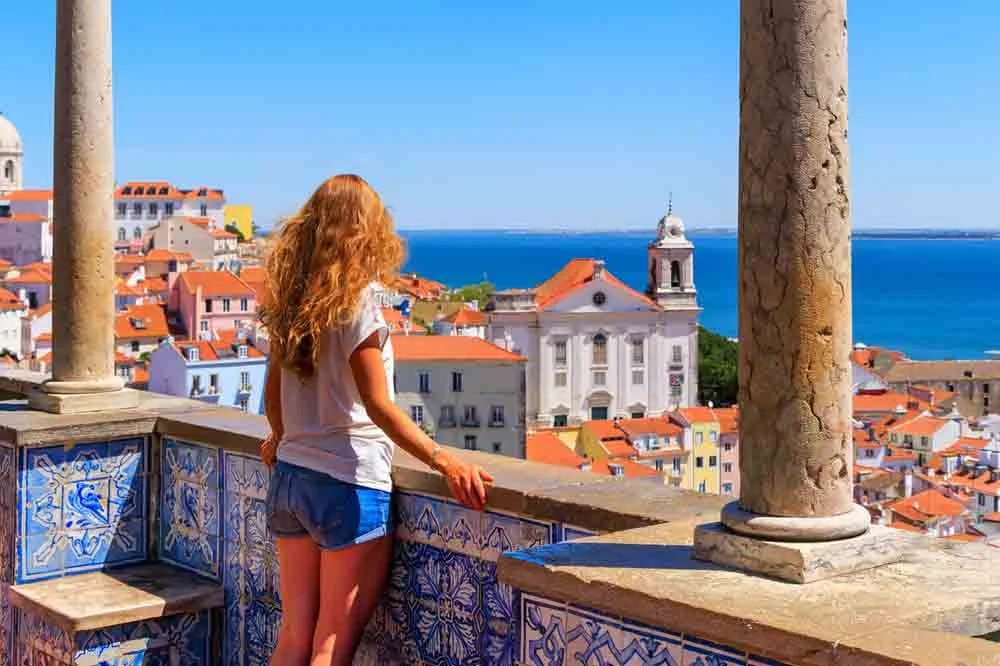
Attention!
We offer complete packages including Event Tickets, Accommodation, Transportation & more — so you don’t have to worry about anything.
Contact Us →Before you go, check these helpful travel products:
Maps
Contact
Video
FAQ's
What are the 2026 dates, venues, and ticket prices?
July 17–25, 2026 (9 days): Porto Covo (17–19, beach free), Sines (20–25, castle €15–€25/$16.50–$27.50 USD). Passes €60–€100/$66–$110 USD. 70% free; buy via fmmsines.pt/Ticketline.pt—under-12s free.
What's the lineup and highlights for 2026?
TBA (March 2026), but expect 40+ acts: Folk-jazz fusions, Afrobeat, urban hybrids like 2025's Rokia Traoré. Highlights: Castle nights, beach bonfires, "Cante Circles," eco-workshops—diverse, migratory themes.
How to get to Sines from Lisbon Airport?
Train to Sines (2 hours, €15/$16.50 USD); bus (€12/$13.20 USD, 2.5 hours). Drive A2 (1.5 hours, €10/$11 USD tolls). Taxis €100/$110 USD; shuttles TBD. Andante card for locals.
What food, drinks, and dietary options?
Açorda (€8/$8.80 USD), cataplana (€12/$13.20 USD); vegan gazpacho (€5/$5.50 USD). Alentejo wines (€4/$4.40 USD). Beach stalls labeled; "Fusion Feasts" eco-sourced.
What accommodations and family tips?
Hotel Sinerama (€80–$120/$88–$132 USD/night, bay); camping €20/$22 USD. Book early; families: Free kids' shows, sonic hunts. Pack beach gear; contact ci@ for accessibility.


